NSW GPs To Diagnose, Treat & Manage ADHD
Game changing reforms allow GPs to treat ADHD to reduce wait times and costs.

ADHD Australia welcomes the NSW Government’s decision to allow trained general practitioners (GPs) to diagnose and manage ADHD. This change will help improve access to care by addressing long wait times and financial barriers that have made it difficult for people to get the support they need.
Ensuring Patient Safety and High-Quality Care
While increased access is a positive step, ADHD Australia supports strict safety measures to ensure this model is rolled out responsibly. Key considerations include:
- Specialised GP Training – Comprehensive, evidence-based training must be provided to GPs to ensure accurate diagnoses, differentiation from other conditions, and appropriate medication management.
- Clear Clinical Guidelines – Standard protocols for diagnosis and treatment should be developed to ensure consistency in care and reduce the risk of misdiagnosis or inappropriate treatment.
- Ongoing Monitoring and Support – People diagnosed with ADHD should have regular follow-ups to assess treatment effectiveness and address any concerns. GPs should work closely with psychiatrists, psychologists, and ADHD specialists to provide holistic care.
- Medication Safety Measures – The prescription of stimulant medications must be carefully monitored to reduce risks such as misuse, dependency, and side effects. Strong oversight measures, including safety checks and reporting systems, should be in place.
- Non-GP Expert ADHD Specialists – Access to psychiatrists and paediatricians should remain available for cases requiring specialised expertise beyond GP care.
The Complex and Dynamic Nature of ADHD
ADHD is rarely a standalone condition—it often coexists with anxiety, depression, substance use, and can place a significant burden on families and carers. A holistic approach must be taken when diagnosing and treating ADHD, recognising complex co-morbidities and individual differences in symptoms across the lifespan and between genders. ADHD care should also focus on a person’s strengths, moving beyond a rigid medical model to empower individuals in managing their well-being.
Importantly, the diagnostic process itself is often therapeutic. Many individuals seeking an ADHD assessment are not necessarily looking for medication but rather awareness, validation of their strengths, and understanding of their life experiences or trauma
Robust and Ongoing GP Training
While initial training efforts are a start, a single workshop or set of modules is insufficient for GPs to manage the complexities of ADHD confidently. Continuous professional development, structured support pathways, and clear consultation with non-GP ADHD specialists (psychiatrists and paediatricians) for complex cases are essential to ensure consistent, high-quality care.
Patient-Centred Care and Autonomy
ADHD management should adopt a biopsychosocial framework, recognising shared responsibility between individuals, healthcare professionals, and support networks. Treatment plans should reflect patient preferences, ensuring individuals can access strategies beyond medication to enhance their coping mechanisms. Second opinions should remain accessible, particularly in cases where misdiagnosis or inappropriate treatment is a concern.
Strategic Rollout and Federal Alignment
The reforms should be implemented beyond the initial 10% of selected GPs to ensure broad access to ADHD care. With similar policies now in place across multiple states, there is an urgent need for national alignment in ADHD healthcare, reinforcing a commitment to multimodal care that includes medication, therapy, coaching, and lifestyle adjustments.
Accountability and Transparency
Mechanisms should be in place to audit the effectiveness of this reform, with patient outcomes assessed at regular intervals. Consumer feedback should be incorporated to ensure the model truly meets the needs of individuals with ADHD. Transparency around costs, access, and the availability of further information must also be prioritised.
ADHD Australia remains committed to advocating for accessible, safe, and high-quality ADHD care across Australia. For more information, please contact ADHD Australia info@adhdaustralia.org.au

